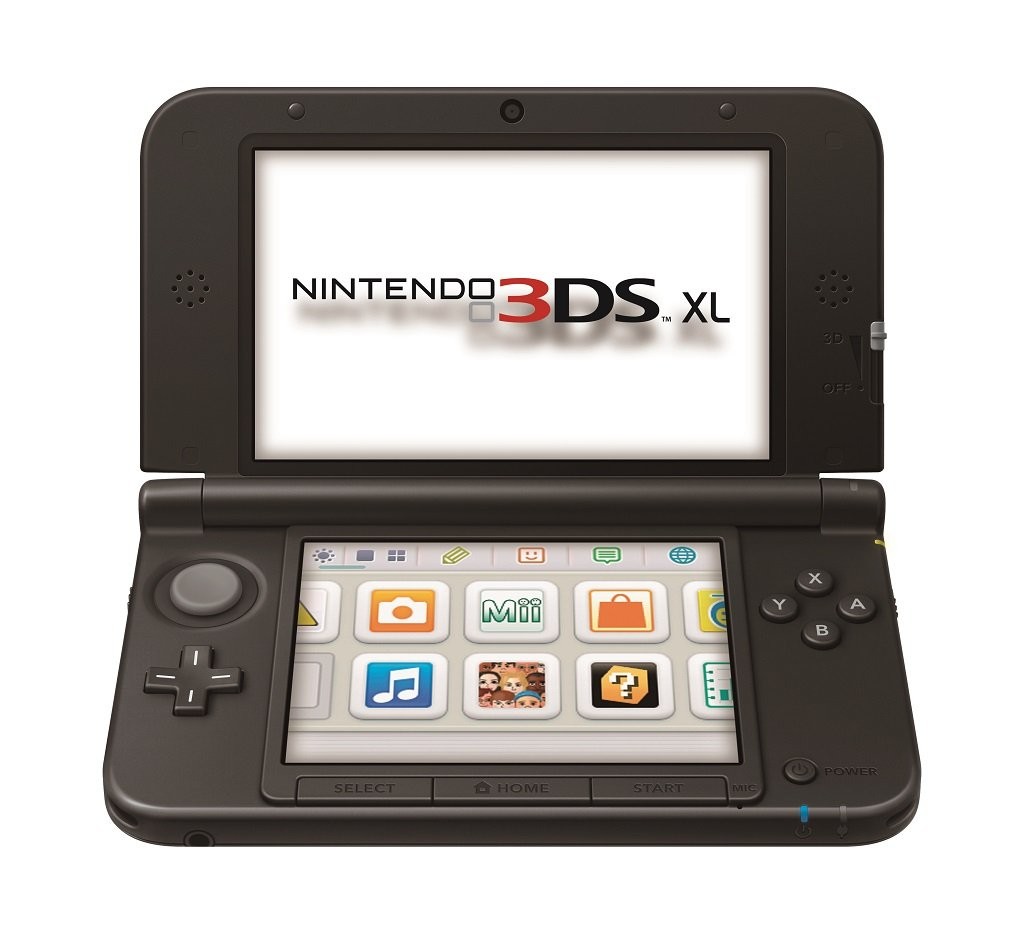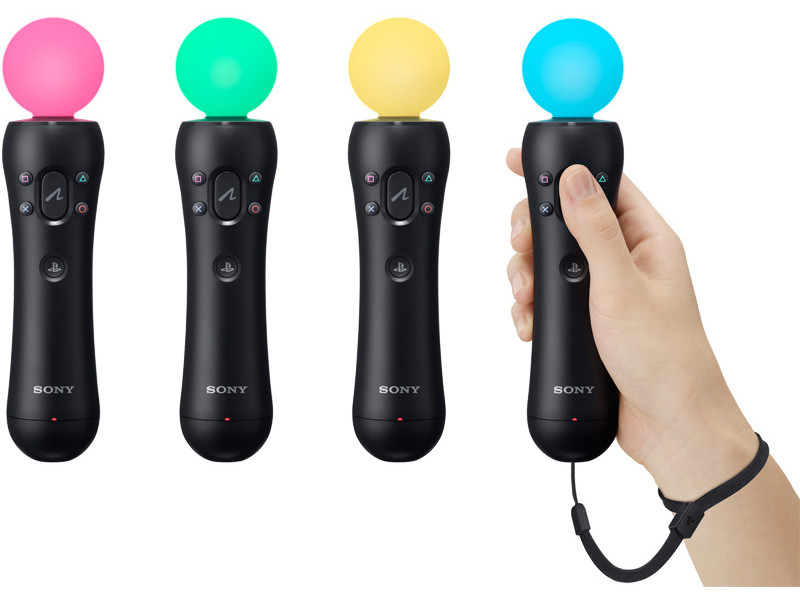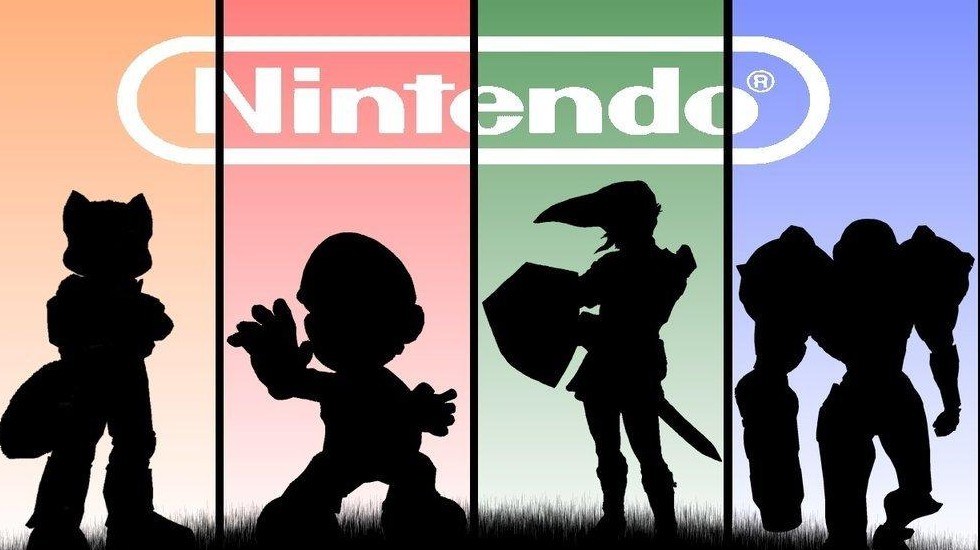Editor’s Note: It is an interesting experience when you read through your earlier predictions and see whether they came true. In my case, my Nintendo blindness probably made it impossible to predict that Nintendo would rest at a distant third, but Microsoft would do unbelievably worse even from second place. Still, it’s one of those moments where you can imagine that future predictions don’t always work out the way you want…or, you predict what you want to see, rather than what’s actually there. Listening to diviners isn’t a good plan, methinks:
14 Then the Lord said to me, “The prophets are prophesying falsehood in My name. I have neither sent them nor commanded them nor spoken to them; they are prophesying to you a false vision, divination, futility and the deception of their own [a]minds. 15 Therefore thus says the Lord concerning the prophets who are prophesying in My name, although it was not I who sent them—yet they keep saying, ‘There will be no sword or famine in this land’—by sword and famine those prophets shall [b]meet their end! 16 The people also to whom they are prophesying will be thrown out into the streets of Jerusalem because of the famine and the sword; and there will be no one to bury them—neither them,nor their wives, nor their sons, nor their daughters—for I will pour out their own wickedness on them.
Jeremiah 14
This material was originally published on Substance TV (which, to my knowledge, no longer exists) nearly three years ago, so I was just curious how well these ideas played out. The 3DS definnitely exceeded expectations, but the Wii U continues to become a minor Gamecube, even a Dreamcast depending on how deep Nintendo’s hole goes. It’s unfortunate, but a conservative company like that would always fail when the “hardcore” audience wanted certain things more than others. Unfortunately, fun is not much of an economic quotient, but everyone I know who owns a Wii U agrees it’s the best!
Nobody thinks Nintendo will do well this holiday season, or even this system generation. Well, at least if current sales numbers tell us anything. When your former console outsells your current console, there’s bound to be problems. Certainly many cried the clarion call of Nintendo’s obvious failure in the market. Or is there an alternative opinion?
We all know of the 3DS and its slow start. Things did not look good for Nintendo going into the handheld market. Many wrote off the original DS as well, with its two screens and seeming lack of power to make the latest and greatest games. The DS became the second greatest selling system in human history, and the highest selling handheld platform of all time. The 3DS looked a failure at launch, with too many features and price tag ($249.99) far too high. A price drop later, to the tune of $179.99, the 3DS sits comfortably as the best-selling hardware of the past few months.

Nintendo’s recent plan, I believe, comes down to a “slow start” approach. Whether by choice or simply by happy accident (I doubt the latter), Nintendo releases things that look innovative, yet tap into untouched markets. These untapped markets – which we tend to call “casual” players – end up with interest in a system from its casual, user friendly games. High quality first party titles like Brain Training and Nintendogs hooked people onto the Nintendo DS, yet games like New Super Mario Bros. and Mario Kart DS ended up as the top selling titles for the system. This isn’t a mystery. Nintendo hooks people onto its hardware with accessibility and quality, then slowly takes them to their more “hardcore” titles.
The distinction between “casual” and “hardcore” merely exists as a cultural classification for “gamers” wishing to disparage each other. In reality, video games formed a market, and like any market you create an upmarket and a downmarket. The upmarket consists of the informed consumer: he/she wants all the latest gadgets and features, maintaining the knowledge to match. Similar to an audiophile who buys a three hundred dollar pair of headphones, they know what they want and they know the difference between the products. They can’t settle for a pair of ear buds. On the other hand, you’ve got the downmarket: the casual consumer, the “toe-dipper”. They merely want to try something out and don’t much care for the exasperating knowledge of the expert. That’s the market Nintendo wants to hook, to create, and to exploit (as well as entertain).
To make the comparison clear, Microsoft and Sony play to the upmarket. They improve their technology continually while making products more and more specific to that upmarket audience. In terms of market size to research/development cost, both spend a great deal of money to make that money back. As developer costs continue to rise, they can only focus on upmarket games and upmarket features. The downmarket gets ignored, relegated to a few casual titles here and there. Remember the Playstation Move and the Xbox Kinect? Both came out of a need to catch a trend, that of the “casual” market, only they came too little too late. Their casuals titles, to put it bluntly, reeked of cheapness and the sales showed in response. Nintendo already captured the so-called “casuals” with the Wii, and they certainly weren’t abandoning ship.

Instead of pumping out low quality casual titles, Nintendo spent a great deal of time crafting Wii Sports and their more accessible fare (I refer to first and second party titles here); in response, consumers bought the Wii like hotcakes. Though this wasn’t because “casual” became a new thing; Nintendo merely tapped into a demographic that appreciated accessible, high-quality games. At this point Nintendo then moves these downmarket players upstream, where they become the people who buy Nintendo first-party games in droves. Nintendo creates customers, while Sony and Microsoft merely leech off the already-existent (and hardly growing) upmarket. Nintendo creates an upmarket for themselves while leaving the other companies behind.
Furthermore, Nintendo always makes money on hardware as well as software. You might wonder about the low prices tags and the “less powerful” system, but keep in mind that the upmarket isn’t their thing. People who are Nintendo fans, though important, aren’t the money maker. It’s the kid who’s never played Pokemon before, picking up a Nintendo 2DS for the affordable price of $129.99 that becomes the new Nintendo upmarket. Pokemon X&Y comes into an install base with 11 million people already. The 2DS, if all goes well, will add millions more to the pile. Projections say the system is on track to sell 18 million by the end of the year – surely a huge boon for the company in the age of smart phones and other such devices.
It is true that Nintendo lost money on the 3DS hardware after the price drop. Still, that short term loss turned into a huge gain. Nintendo drops prices immediately after sales make up for research and development costs, and this appears the situation with the Wii U. Admittedly, Nintendo made quite a mistake with the Wii U hardware’s strange launch window and title selection; Nintendo recently posted high operating losses due to the lack of software sales, and the lack of first-party software hurt the company. The first half of this year, let’s be honest, was a veritable wasteland with little more than announcements to tide us over (Iwata admits as much). If you remember, Reggie Fils-Aime said that the Wii U would become profitable if each person who bought the system bought one game, and apparently that hasn’t happened. All the announcements of third-party abandonment certainly didn’t help either. Still, there’s a few reasons I am hopeful for Nintendo.

They will, of course, release a slew of IPs in the near future; just about every major franchise they own comes onto the Wii U at some point this year. Remember that last year’s games hit that “accessibility” spot, and this year games hope to capture that upmarket. There’s still 3.61 million Wii Us out there, 3.61 million more than either the Xbox One or the PS4. Consider the pre-order numbers, and you’ll see that Sony and Microsoft will scramble to build a user base by comparison, not to mention the small crop of titles that hardly compete against Nintendo’s software. The highest software preorders for both aren’t even exclusive to the next-gen consoles! Add to that the recently announced price drop for the Wii U, which comes at the same time as the Wind Waker HD bundle, and you’ve got quite a plan for this holiday on the portable and home console front. Blood’s in the water, folks!
Nintendo’s strategy look to capture the video game market in the fall. As the Wii U continues to distinguish itself, what with the lack of major multi-platform (though plenty of exclusive) software titles, it will eventually capture a unique niche. Or it could fail horribly like the Dreamcast. Notably, the Wii U does not follow the same pattern of business disruption highlighted by the Wii’s innovative and expansive approach; in fact it hearkens back to the Gamecube approach of tapping into the “hardcore” market. So far, that strategy looks like a bust, but the games haven’t come out yet so we can’t tell. Nearly twenty-two million consoles hardly seems something to sniff at regarding the Gamecube’s “hardcore” audience, but the Wii U may become this generation’s 3rd place finisher. Would that mean Nintendo will suddenly drop out? Hardly! The DS and Wii’s sales number, both hardware and software, will keep them afloat if they post operating losses for the next fifty years or so. That’s pretty insane!
Nintendo needs to ignore the upmarket as they did and create their own. To be frank, the tablet approach just isn’t as unique as the Wiimote. It isn’t as accessible, and lots of people already have iPads or similar devices; it’s a strange decision, and innovation came at the cost of the initial market swing. Nintendo, though, is doing just what they should be doing at this point, and more power to them for doing it.
We can compare price tags and still see that the Wii U beats out both its competitors this fall. It simply depends on what consumers want out of their console, really. Will consumers prefer buying a console and handheld, at least having the choice, or will one next-gen box beat out both choices? Will a down economy mean that Xbox One’s price tag will somehow beat out Nintendo’s half price? Honestly, no one can predict, but we can certainly wait and see.
I could be horribly wrong, but I’ve got a feeling Nintendo will win this one out.
